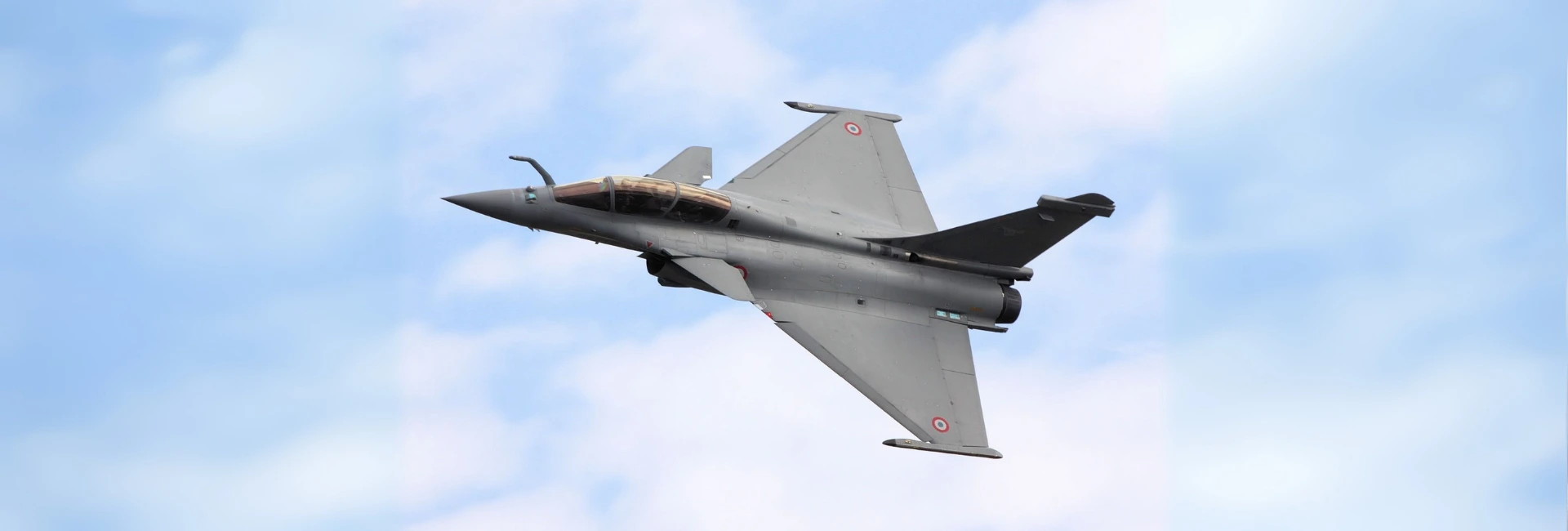(July 5, 2025) A few years from now, when the Rafale fighter jets take to the skies and rain hell on the enemy, a ‘Made in India’ tag will soar high along with the aircraft. Not only Rafale, there could well be a ‘desi’ link to several aerospace and defence systems operated world over in the near future as most global players appear India bound for their needs.
The recent announcement of Rafale manufacturer Dassault Aviation’s partnership with the Tata Group to manufacture Rafale fighter jet components in the South Indian city of Hyderabad marks a watershed moment in India’s aerospace and defence landscape.
On one hand, it positions India as a regional leader in aerospace manufacturing in Asia, and on the other, it marks a strategic shift in India’s role — from being just a buyer of defence platforms to becoming a co-developer and a global producer.
“This partnership confirms that India has been recognised as a potential aerospace manufacturing hub for advanced platforms and has all the potential to become the regional center for global players, boosting the domestic defence manufacturing ecosystem,” says the former Chairman of the Defence Research and Development Organisation (DRDO) G Sateesh Reddy, in a chat with Global Indian.
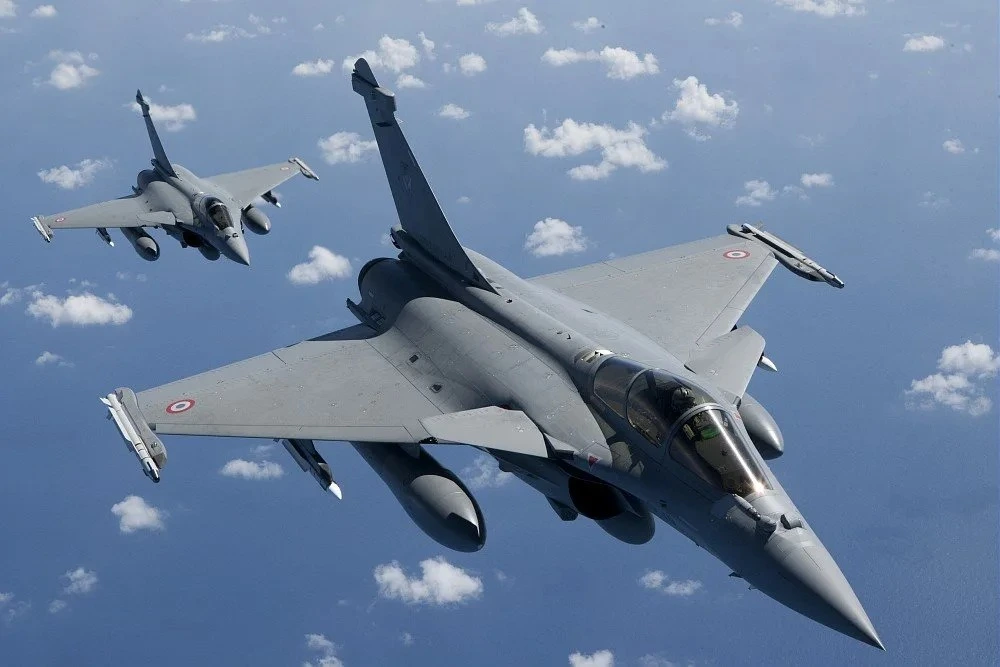
The Hyderabad facility will be the first-ever site outside France to manufacture the Rafale fuselage, which is a strong endorsement of India’s advanced manufacturing competence.
India highly capable
“Over the last few years, India has developed its aerospace manufacturing ecosystem in the country significantly. Our capabilities to manufacture critical components have gone up and we have the best skill-set,” says Sateesh Reddy, who serves as advisor to both the Ministry of Defence and the Andhra Pradesh government on the aerospace defence manufacturing hub project.
Stating that all major global aerospace players have offshore R&D centres in India, Sateesh Reddy says the Dassault-Tata partnership has strengthened India’s position in the global aerospace supply chain. “This is bound to attract many more global players towards India, turning it into a major aerospace manufacturing hub.”
In the defence sector, India already has joint ventures for production of major weapon systems. “GE is contemplating to establish a production centre in India and many other companies are likely to join soon,” informs the former DRDO chairman.
Dasaault and Tata Advanced Systems Limited have signed four Production Transfer Agreements to manufacture the Rafale fighter aircraft fuselage in India.
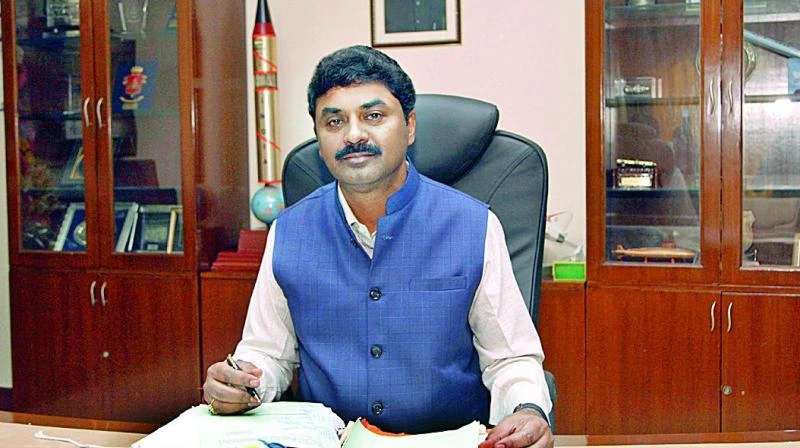
G S Reddy, former Chairman of the Defence Research and Development Organisation (DRDO)
Advantage India
Sateesh Reddy feels the Dassault-Tata partnership will go a long way in building trust and confidence between India and the global aerospace and defence industries, which will pave the way for more such collaborations. “It can lead India into becoming complete system manufacturers.”
He says the collaboration makes India much more confident in going ahead with its own manufacturing of LCA-Mk2 (Light Combat Aircraft) and AMCA (Advanced Medium Combat Aircraft).
‘Atmanirbhar’
Sateesh Reddy also believes that the development makes India more and more ‘Atmanirbhar’ (self-reliant). “The indigenisation in the defence sector is taking place in a big way. This will strengthen India into becoming a global aerospace manufacturing hub,” he says adding that Tata is already in collaboration with Airbus for manufacture of military transport aircraft C 295.
A decisive step
According to Eric Trappier, Chairman and CEO of Dassault Aviation, Tata Advanced Systems will set up a cutting-edge production facility in Hyderabad for the manufacture of key structural sections of the Rafale, including the lateral shells of the rear fuselage, the complete rear section, the central fuselage, and the front section.
The scope of the partnership
“The first fuselage sections are expected to roll off the assembly line by 2028, with the facility expected to deliver up to two complete fuselages per month. This is the first time the Rafale fuselage will be manufactured outside France. It is a decisive step in strengthening our supply chain in India,” says Trappier.
Describing TASL, one of the major players in the Indian aerospace industry, Eric Trappier points out that this supply chain will contribute to the successful ramp-up of the Rafale.
Deepening Trust
Sukaran Singh, CEO and Managing Director of Tata Advanced Systems Limited, said the partnership marks a significant step in India’s aerospace journey. “The production of the complete Rafale fuselage in India underscores the deepening trust in Tata Advanced Systems capabilities and the strength of our collaboration with Dassault Aviation.”
“It also reflects the remarkable progress India has made in establishing a modern, robust aerospace manufacturing ecosystem that can support global platforms,” he mentions.
Fleet readiness
Speaking to Global Indian, Wing Commander (retd) Anioushka Lomas says the Dasaault-Tata collaboration has far-reaching operational and economic implications. “It represents the convergence of geopolitical trust, industrial capability and national aspiration.”
She says high-precision component manufacturing at the source will streamline supply chains, enabling faster access to critical parts and assemblies. “This will lead to a reduction in aircraft turnaround time and operational downtime, directly improving fleet readiness and mission availability,” explains Anioushka.
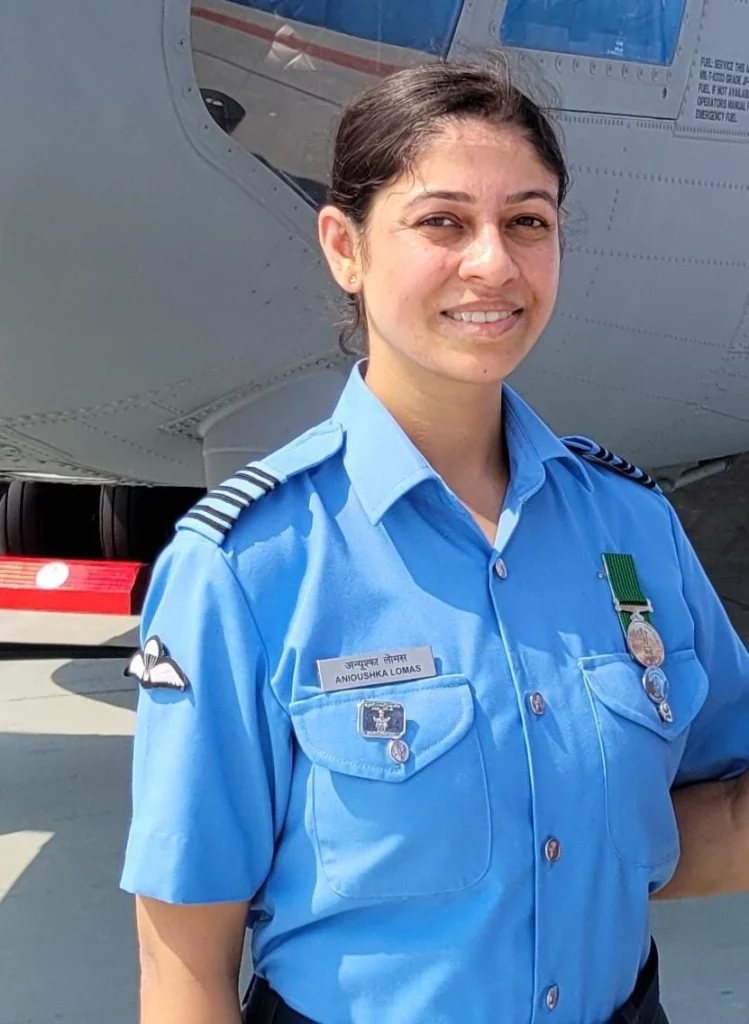
Wing Commander (retd) Anioushka Lomas
Strategic shift
“This (Dassault Aviation and Tata Group) collaboration is not just a business transaction, it is a strategic shift. The importance of this development lies in its long-term impact on national capability building,” points out Anioushka, highlighting that it also positions India as a trusted global partner in the defense supply chain, showcasing our ability to meet stringent aerospace quality and precision standards.
As India strengthens its place on the global defense stage, initiatives like this will be instrumental in transforming the country into a hub for advanced aerospace manufacturing, while ensuring self-reliance, operational excellence, and inclusive growth, she believes.
Opportunities on the way
By localizing the production of advanced aerospace components, the facility will generate high-skill jobs and create opportunities for India’s large pool of technical talent. “It will also act as a catalyst for the growth of ancillary industries, MSMEs, and start-ups in defense and aerospace, paving the way for a resilient and self-sustaining industrial ecosystem,” the former Wing Commander says.
To truly harness the potential of this investment, she feels India must proactively address the challenge of talent aging in the aerospace domain. “As legacy expertise retires, there is a pressing need to train and upskill the younger generation in areas such as precision engineering, systems integration, digital manufacturing, and aerospace quality systems.”
She says Industry-academia partnerships, skilling programs aligned with defense sector needs, and practical exposure to advanced technologies will be crucial in building a robust talent pipeline.
Global precedent
Colonel Prof Dr.Saji Abraham, a specialist in International relations says the Dassault-Tata collaboration sets a global precedent, proving that India is ready for high-end defense manufacturing. “Other aerospace giants like Lockheed Martin, Boeing, Airbus, Saab, and Embraer will see this as a proof of concept — that India can meet global quality, precision, and supply chain standards,” he remarks.
He is of the opinion that it creates a scalable manufacturing ecosystem which will act as a foundation for future projects, enabling component manufacturing for other aircraft platforms. “It will lead to joint ventures in UAVs, helicopters, transport planes and even expansion into MRO (Maintenance, Repair, and Overhaul) services,” says Col Saji, who served in the Indian Army for over 41 years.
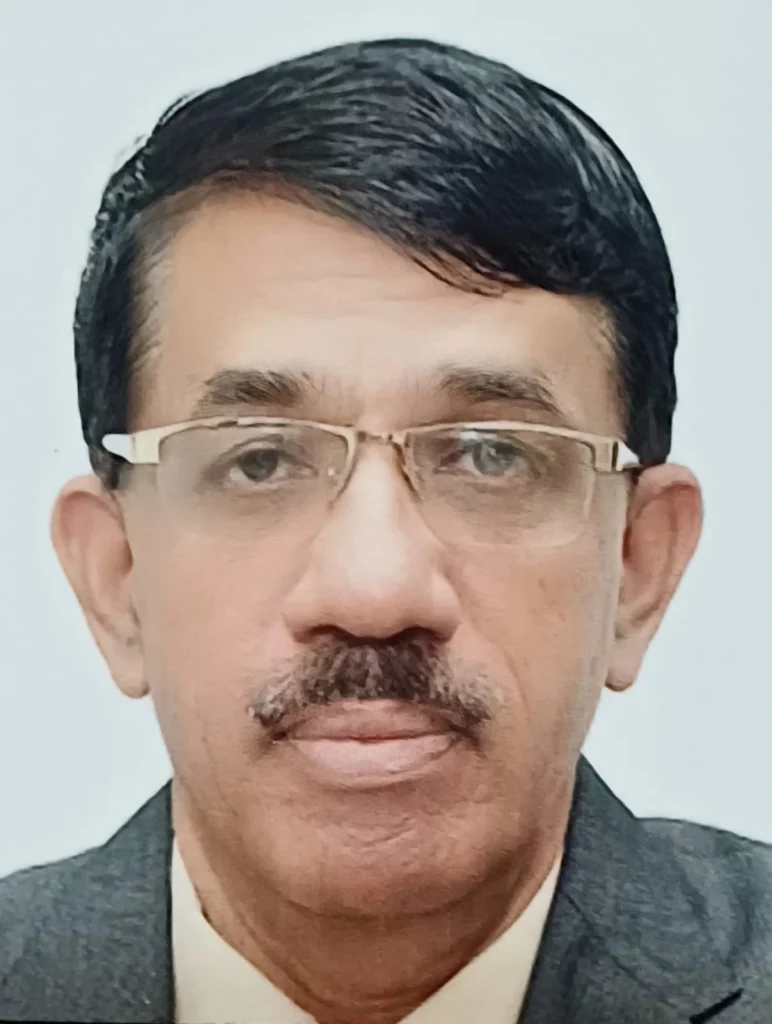
Colonel Prof Dr.Saji Abraham
Long term partnerships
According to Col Saji the partnership aligns with the Indian Policy Incentives.
The Indian government is actively encouraging foreign OEMs to set up base in India via the 74% FDI under automatic route in defence manufacturing. “This policy environment encourages long-term partnerships, technology sharing, and local manufacturing — making India an attractive destination.”
It also leverages India’s cost advantage. “India offers a skilled engineering workforce at significantly lower costs than traditional aerospace hubs. This cost efficiency, combined with growing infrastructure, makes India a strategic choice for OEMs seeking to diversify supply chains beyond China and Europe,” points out Col Saji, a Professor at Karunya School of Management.
Domino effect
Col Saji is also of the opinion that the partnership promotes a domino effect as well.
“Once a major global player like Dassault succeeds with local manufacturing, others are likely to follow suit.” This, he says, could lead to a cluster effect, where aerospace and defense parks grow and Tier-2 and Tier-3 suppliers mushroom. “It makes India a hub not just for manufacturing but also for co-development and R&D partnerships. It increases soft power and strategic influence, particularly in defence diplomacy,” he remarks.
Future collaborations
According to Col Saji, among the future collaborations expected are Boeing–HAL or Tata partnerships for F/A-18 or P-8I components, Airbus sourcing components or assembling aircraft in India, Embraer collaborating for regional jets or turboprops and Joint ventures for drones, space tech, and missile systems.
“This partnership opens the road for more such global collaborations. It establishes a successful, replicable model of co-manufacturing and technology partnerships — boosting confidence in India as a strategic aerospace partner on the world stage,” sums up Col Saji.
As the roar of the Rafale echoes across global skies, it will carry with it not just the power of next-gen combat aviation, but also the signature of India’s ascent as a trusted, high-precision, global aerospace manufacturing force.
ALSO READ: Namaste from Space: Shubhanshu Shukla takes tricolour to the ISS, becomes second Indian in orbit
